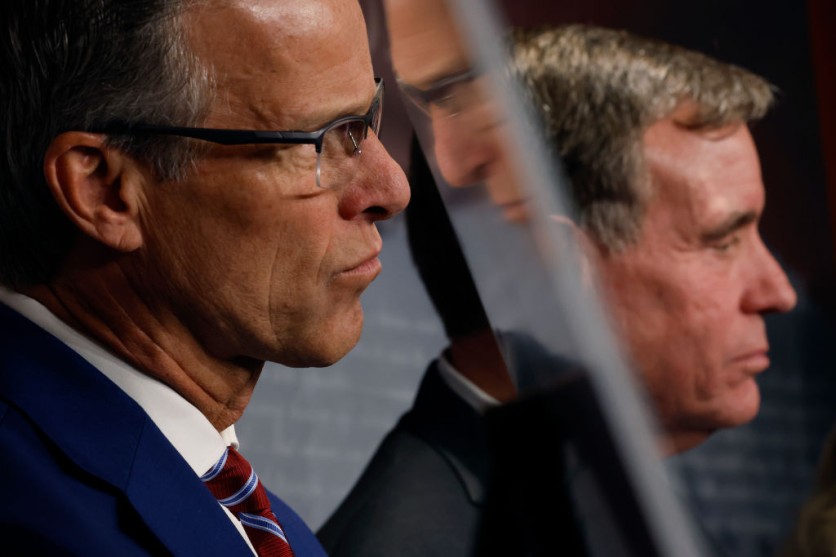United States Senators Democrat Mark Warner and Republican John Thune argued that the proposed Bipartisan Legislation is the best way to address security concerns about the risks being brought by foreign-owned apps like TikTok.

Criticisms Regarding Restrict Act
After proposing the Restrict Act to grant the Commerce Department the authority to block, review, and address transactions that involve foreign information and communications technology that pose a threat to national security, Senators Mark Warner (Democrat) and John Thun (Republican) argued that it is still the best way to address security concerns.
As per critics, the bipartisan bill is overboard and hurts the civil liberties of citizens, including more than 150 million American users of TikTok. Critics included the Republican House Financial Services Committee, which believes that it would make the Commerce Department a dictator regarding trade, sanctions, investments, cryptocurrency, and more.
The Washington Post reported that Republican Senator Rand Paul blocked a bid to fast-track a separate bill to ban TikTok. This was introduced by Senator Josh Hawley as he argued that Restrict Act does not ban the platform but only gives the president a new authority.
Thune & Warner's Response
In response to this, the two senators denied targeting individual users using a private network to access TikTok. According to an essay by Warner and Thune in the Wall Street Journal, the bipartisan bill would benefit a lot of areas in the government.
"Our bill is designed to modernize the president's international economic authorities for the digital era, put significant guardrails on presidential authority, give Congress the authority to overturn certain decisions made by the president, and establish a risk-based process to deal with foreign-adversary technology," they noted.
Despite the criticisms, the White House along with 26 senators continues to support the Restric Act that would apply to foreign technologies from countries including China, Russia, North Korea, Iran, Venezuela, and Cuba.
Also Read : TikTok Ban? Senator Asks Apple, Google to Remove it-Platform Sees New Executive from Douyin
As per Reuters' report, this led to the bill being misrepresented in bad faith by TikTok given that there is money to be made by allowing the company to continue its operations in the country and not much to be made by protecting citizens from national security threats.
TikTok already spent more than $1.5 billion on data security efforts as a commitment to reject the allegations. Chief Executive Officer Shou Zi Chew appeared before Congress last month and faced several questions from Congress regarding concerns over the platform.
During the hearing, US House of Representatives Speaker Kevin McCarthy described the CEO as dishonest for his statements about whether China has access to TikTok user data. He stated, "The House will be moving forward with legislation to protect Americans from the technological tentacles of the Chinese Communist Party."
Related Article : AOC Joins TikTok; Pushes for Stricter Data, Privacy Laws Instead of Ban





